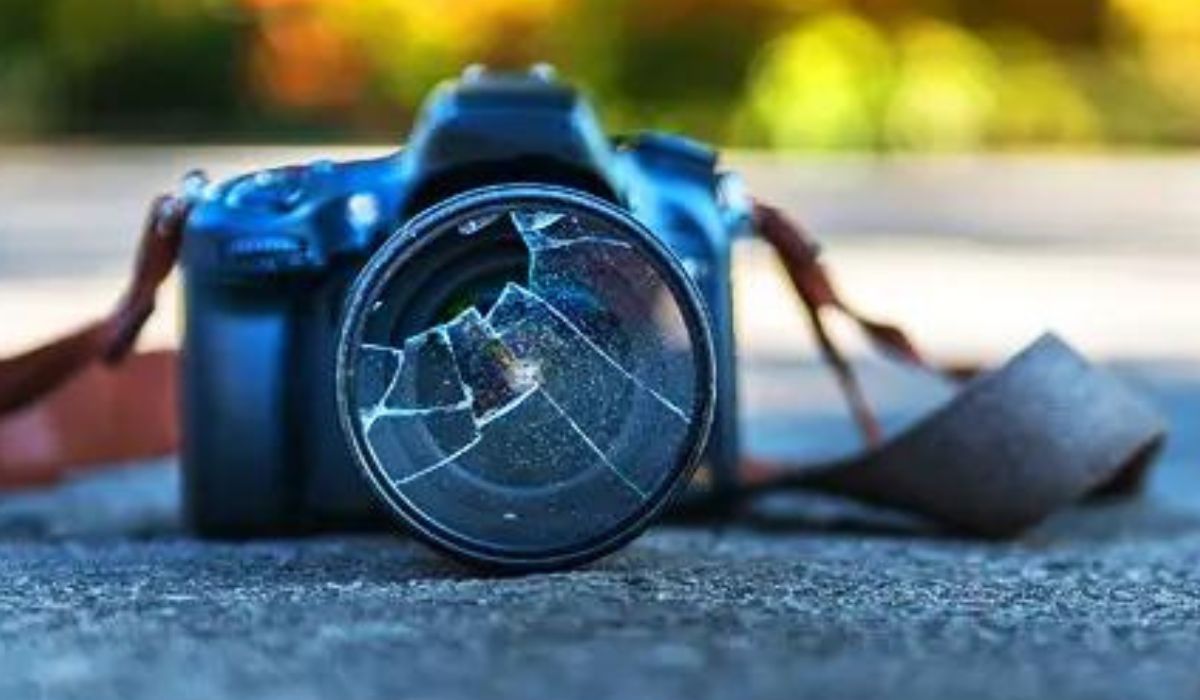The camera has become an indispensable tool for capturing and preserving life’s most precious moments and beloved memories. Your camera is an invaluable asset, whether you’re a working pro or just a passionate amateur. Think of the devastation you would feel if you lost or broke your camera and had to pay to replace it. Camera insurance saves the day by providing financial security in the event of damage to your camera.
The Importance of Camera Insurance
Having camera insurance is crucial for protecting your investment in photographic equipment. Accidents can happen at any time, and having insurance will protect you financially if your camera is damaged, stolen, or lost.
Types of Camera Insurance Coverage
Equipment Coverage
The heart of camera insurance is protection for the camera itself. Your camera body, lenses, and other equipment will be safe from harm or theft with this case.
Liability Coverage
If you cause harm to another person or their property as a result of your photographs, your liability coverage kicks in. If you are proven accountable for the occurrence, it will pay for your legal defense and any compensation that is necessary.
Personal Injury Coverage
In the event of an accident while using your camera, personal injury coverage will help pay for medical expenses. This insurance can assist pay for your medical bills if you sustain an injury while shooting images or engaging in any photography-related activity.
How Camera Insurance Works
Premiums and Deductibles
You can expect to pay a yearly or monthly cost for camera insurance. The deductible is the out-of-pocket expense you must make before your insurance kicks in.
Filing a Claim
Damage, theft, or loss necessitates contacting your insurance company to file a claim. This requires you to submit the appropriate paperwork and evidence to back up your claim.
Replacing or Repairing Equipment
If your claim is valid, you will be reimbursed for the cost of having your camera repaired by a factory-authorized service center or replaced with a similar model.
Factors to Consider Before Choosing Camera Insurance
Coverage Limits: Make sure that the maximum payout under the policy is enough to cover the cost of a new camera and all of its parts in the event of a total loss.
Exclusions: Read the fine print to find out if some things, like normal wear and tear or your own carelessness, aren’t covered.
Policy Cost: Think about how much the policy will cost and whether or not it will cover your needs.
Understanding Equipment Depreciation
It’s crucial that you fully grasp the impact that depreciating equipment has on your insurance policy. The amount you receive in the event of a claim could be affected by the fact that camera values decline over time.
Tips for Lowering Camera Insurance Costs
In order to save money on camera insurance, consider bundling it with other plans.
You can lessen the likelihood of theft by installing security features like alarms and camera locks.
Special Considerations for Professional Photographers
Photographers may require supplemental insurance to protect themselves from claims filed by clients or to replace costly equipment damaged on the job.
Camera Insurance vs. Extended Warranties
Cameras are often covered by extended warranties for manufacturer flaws and malfunctions, while insurance policies cover accidental damage, theft, and loss. Think about your own requirements before settling on one.
Choosing the Right Camera Insurances Provider: Find an insurer that meets your needs by doing some homework and comparing policies and prices with other companies.
The Perks of Bundling Insurance Policies: You can save money by combining your insurance plans with the same company if you need coverage for several vehicles or dwellings.
Conclusion
Insurance for your camera is a must if you care about your investment. It’s a cushion in case anything terrible happens and you lose a lot of money. If you want to have complete coverage and rest easy, it’s important to evaluate your needs, compare insurance plans, and pick the proper insurance company.
FAQs
Is camera insurance only for professional photographers?
Professional and amateur photographers alike can purchase insurance for their cameras.
Can I insure multiple cameras under one policy?
Yes, it is possible to insure several cameras with the same company.
Will my camera insurance cover international travel?
It is important to confirm with your provider whether or not your policy covers overseas travel.
Is camera insurance required for hobbyists?
Although it’s not required, photographers should always get insurance for their expensive equipment.
How long does the claims process usually take?
Some claims take longer to process than others, depending on their complexity, but respectable service providers always prioritize speed.











